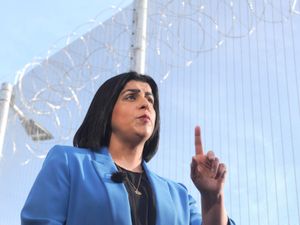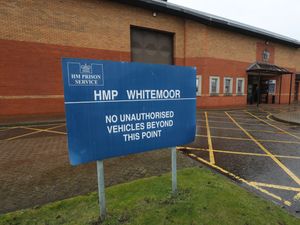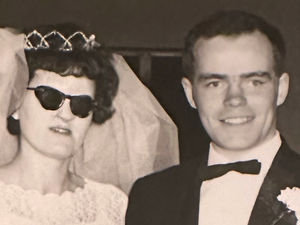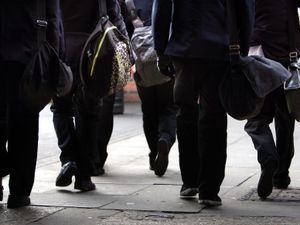Hundreds of demonstrators take part in Million People March
The march takes place this year in lieu of the annual Notting Hill carnival and organisers hope it will give the BAME community ‘a louder voice’.
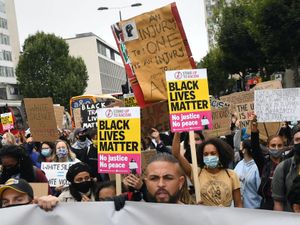
Hundreds of demonstrators took to the streets of west London to take part in the first ever Million People March to protest against systemic racism in the UK.
Organisers hope the march will continue the conversations about race started by the Black Lives Matter (BLM) protests and give the BAME community “a louder voice”.
The march takes place this year in lieu of the annual Notting Hill carnival, though organisers said they aimed to incorporate the same spirit of freedom through peaceful protest.
Around 400 demonstrators walked along Bayswater Road from Notting Hill tube station, finishing in Hyde Park.
At several points along the way the crowd stopped, sitting down in the road and even breaking into a rendition of Redemption Song by Bob Marley, as demonstrators raised their fists.
The march was organised by Ken Hinds, an adviser to Scotland Yard, Sasha Johnson, a youth worker and activist, rapper 2 Badda, and author Anthony Spencer.
Mr Spencer said fighting systemic racism was a “huge task” and likened the struggle to rowing “from one side of the Atlantic to the other”.
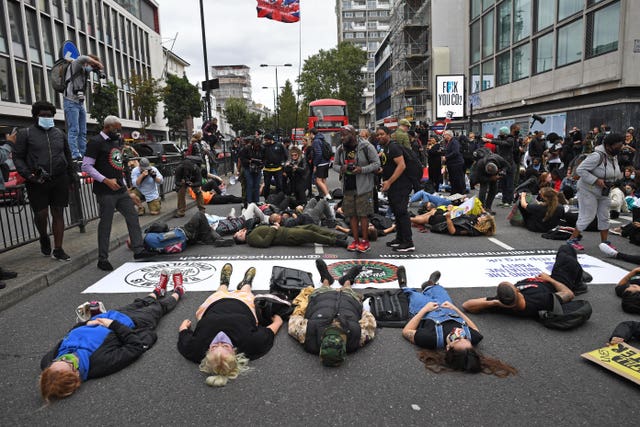
“This is not a hardened protesters march, this is a family protest march for people who don’t normally protest,” he said.

